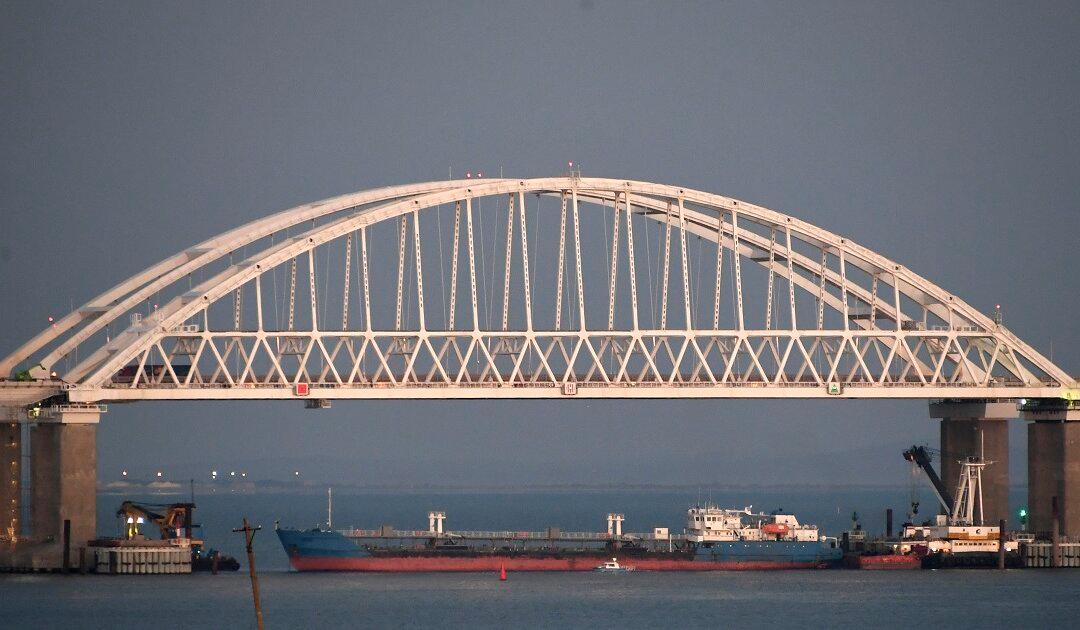WASHINGTON—The United States on Wednesday, Jan. 29, issued a fresh round of sanctions related to Russia’s annexation of Crimea, targeting eight individuals and a Moscow-based railway company, the U.S. Treasury Department said.
The United States has imposed a series of sanctions in response to Russia’s annexation of Crimea from Ukraine in 2014. Moscow has since built up military infrastructure on the peninsula.





